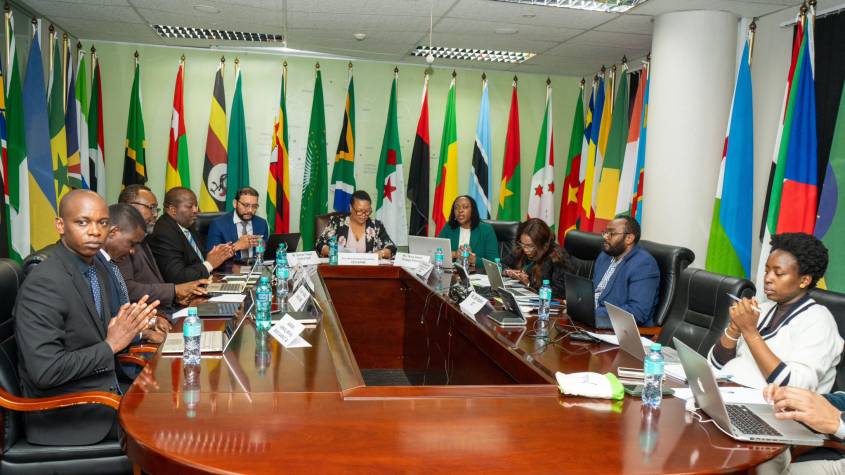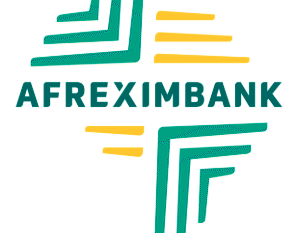Day APRM Launched its 2025–2028 Strategic Plan
The virtual launch of the APRM Strategic Plan 2025–2028 emphasized collaborative implementation and inclusive participation, highlighting key priorities such as governance support, e-governance, early warning systems, and civil society engagement.
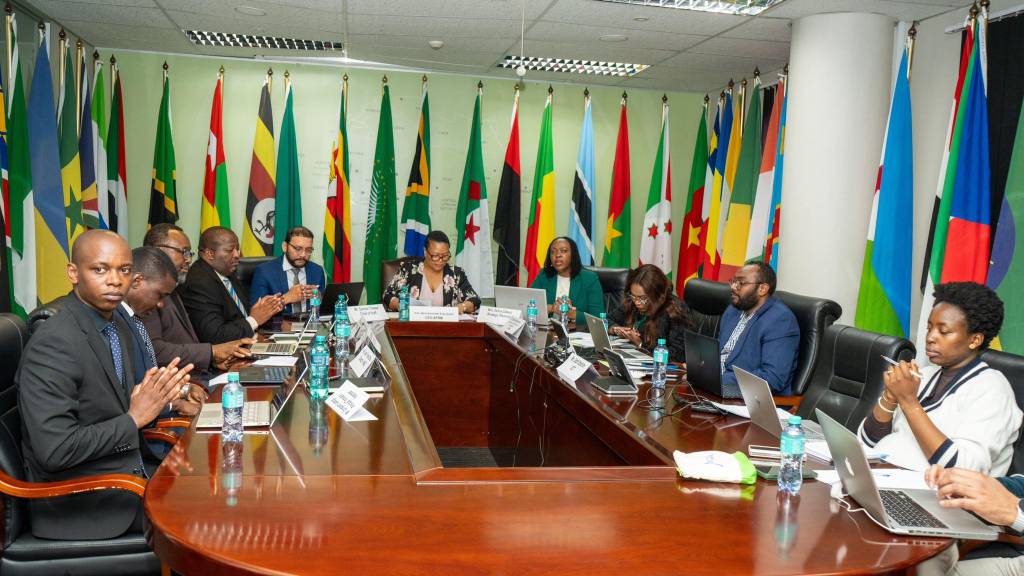
It was a bright July winter morning in Midrand, South Africa, home to the African Peer Review Mechanism (APRM) Continental Secretariat and the venue for the official launch of the APRM Strategic Plan 2025–2028. The event marked a significant milestone in APRM’s ongoing commitment to good governance, democracy, and sustainable development across Africa, now under the leadership of its Chief Executive Officer, Amb. Marie-Antoinette Rose Quatre.
The virtual launch of the APRM Strategic Plan 2025–2028 aimed to catalyze collaborative implementation among AU organs, non-state actors, and technical and financial partners. It spotlighted key priorities, including the Governance Support Programme, e-Governance, early warning systems, and the vital role of civil society and AU institutions in realizing the Plan’s objectives. The strategy also includes a comprehensive civil society and partner engagement framework to ensure inclusive and participatory implementation.
Over the past year, the CEO of the APRM Continental Secretariat, Amb. Marie-Antoinette Rose Quatre, has been building on the achievements and lessons of the Mechanism’s previous strategic plans (2016–2020 and 2020–2024). In an exclusive interview with African Newspage marking her first anniversary in office, Rose Quatre affirmed her commitment to tackling the APRM’s institutional challenges, with a clear mission to reposition the Mechanism to more effectively deliver on its mandate of advancing governance across AU Member States.
“When I assumed office on June 3, 2024, I was very clear-eyed about the challenges ahead. The APRM was at a defining moment, transitioning from a process-oriented institution into a dynamic, impactful mechanism capable of influencing governance outcomes across the continent. To steer this transformation, I introduced the 3P Strategy: Professionalism, Performance, and Probity as the core values guiding our operations. These principles informed the development of our 2025-2028 Strategic Plan, a forward-looking blueprint for repositioning APRM into a results-driven institution,” the reform-minded CEO told African Newspage.
“Fellow colleagues, ladies and gentlemen, it is my pleasure to welcome you all, from every corner of the continent and beyond, to the launch of our APRM Strategic Plan 2025–2028. The plan outlines key initiatives to elevate APRM’s impact, including the Governance Support Program, e-governance innovation, and sustainable financing mechanisms,” said Ms. Delice Zakeyo, APRM’s Strategic Planning Officer said while welcoming participants to the virtual launch of the 3P Strategic Plan.
The African Peer Review Mechanism (APRM) is a voluntary, self-monitoring initiative of the African Union (AU), established to promote good governance and political stability across AU Member States. It offers a structured framework for self-assessment and peer learning in key areas such as democracy, corporate governance, and socio-economic development. As of March 2022, 42 Member States had acceded to the mechanism—underscoring its growing role as Africa’s foremost platform for governance reform. As at 2024, the number had risen to 44.
The APRM CEO expressed their commitment to leverage the Strategic Plan 2025–2028 to chart a bold path to strengthen democratic governance, political stability, and sustainable development across the continent. “This is our promise of transparency and accountability. It is no secret that governance indices on the continent are on the downward trend in almost every African country,” she told African Union member states, civil society leaders, academics, and development partners.
The launch set the stage for accelerated action toward realizing the APRM’s vision of “A well-governed Africa for the Africa We Want.” It aimed to raise stakeholder awareness of the Strategic Plan’s objectives, strengthen partnerships for resource mobilization and technical support, secure commitments from Member States to align national governance agendas with the Plan, and clarify the roles of AU organs and non-state actors in its implementation.
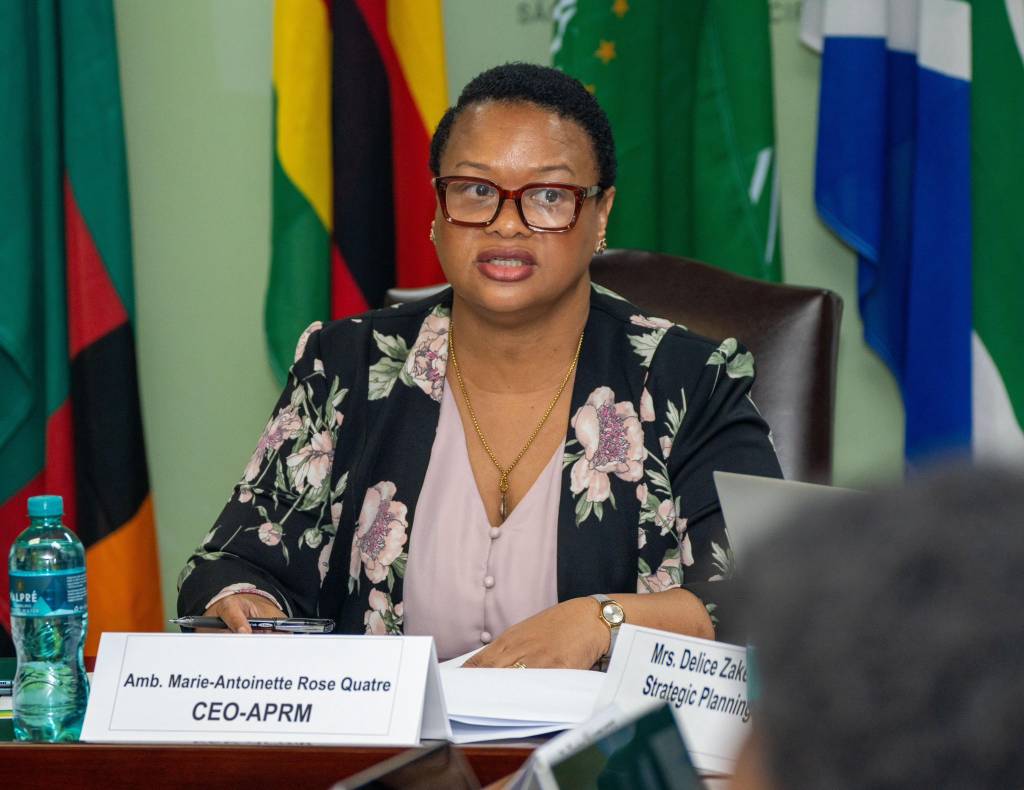
A Legacy of Growth Amid Challenges
Founded in 2003 under the auspices of the New Partnership for Africa’s Development (NEPAD), the APRM emerged as a voluntary initiative for African nations to evaluate each other’s governance practices. From conducting 17 country reviews in its first decade to undergoing revitalization under the 2016–2020 Strategic Plan, the APRM has grown into a vital organ of the African Union. By 2024, 32 peer review reports had been completed across 26 countries.
The 2025–2028 plan seeks to address these setbacks through its four pillars: impactful implementation of the APRM mandate; institutional strengthening and capacity development; resource mobilization and partnership; communications, advocacy, and outreach.Yet, as Rose Quatre candidly noted, “financing governance has seen a sharp decline in the post-COVID era. Governance remains treated as a peripheral matter in many spaces, and efforts to reverse declining indices are largely fragmented.”
The Governance Support Program (GSG) of the Strategic Plan has been described as a potential game changer for AU Member States participating in the APRM. It serves as a cornerstone for implementing National Programmes of Action (NPoAs) derived from Country Review Reports and the Biannual African Governance Report. By mobilizing resources and enhancing coordination, the GSG seeks to transform review recommendations into concrete reforms while ensuring that supportive national structures are in place.
Likewise, e-Governance is indeed the sixth thematic area of the APRM process focused on utilizing Information and Communication Technologies (ICTs) to enhance governance practices across AU Member States. According to Mr. Jibril Kano, Head of ICT at APRM, key African e-governance challenges include limited infrastructure and weak data protection frameworks. To address these, he proposed targeted policy interventions aimed at improving digital literacy. “E-governance is no longer an option; it’s an imperative,” he emphasized.
Despite recent innovations, Country Reviews remain at the heart of the APRM’s mandate, with five reviews scheduled for 2025, including second-cycle assessments for Sierra Leone and Liberia. Ms. Diana Demba Mutondo of APRM’s Country Review and Assessment Directorate, underscored the critical role of National Governance Councils (NGCs) which coordinate and oversee the implementation of Country Reviews. “The NGCs are the key actor of implementation at national level.”
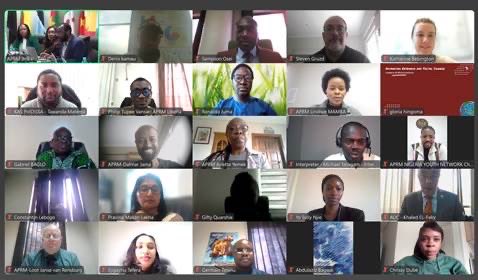
Defining Success for APRM?
The Chief of Staff and Acting Director of Operations at the APRM Continental Secretariat presented a new resource mobilization strategy aimed at raising approximately $5 million annually from diverse sources. These include voluntary contributions from Member States, as well as funds from corporate social responsibility (CSR) initiatives. “We aim to secure sustainable funding by leveraging our diverse funding sources,” he noted, underscoring the importance of financial discipline following APRM’s clean audit in 2024.
Yet, CEO Rose Quatre acknowledged a “gap between reviews and implementation,” underlining her commitment to shift APRM’s paradigm from conducting passive reviews to a proactive mechanism. Rose Quatre admitted to devastating effects of some Member States not acting on critical APRM recommendations, including those addressing pressing issues such as xenophobic violence in South Africa. This raises concerns about political will and accountability, undermining the APRM’s potential as a tool for constructive dialogue and reform. “We sounded the alarm bell, but these reports were not fully implemented. The time to act is now.”
In her parting remarks, APRM CEO Amb. Rose Quatre addressed the defining question of what success means for the APRM. “Success can only be claimed when our young people work hand in hand with their governments to deliver on the promises of a better Africa. Success is when we truly eradicate practices that deprive our women and children of quality education, healthcare, and basic necessities. Success is when a small business owner can cross borders to offer more affordable goods and services.”
Her words underscored a vision of governance rooted in inclusion, equity, and opportunity for all Africans!

